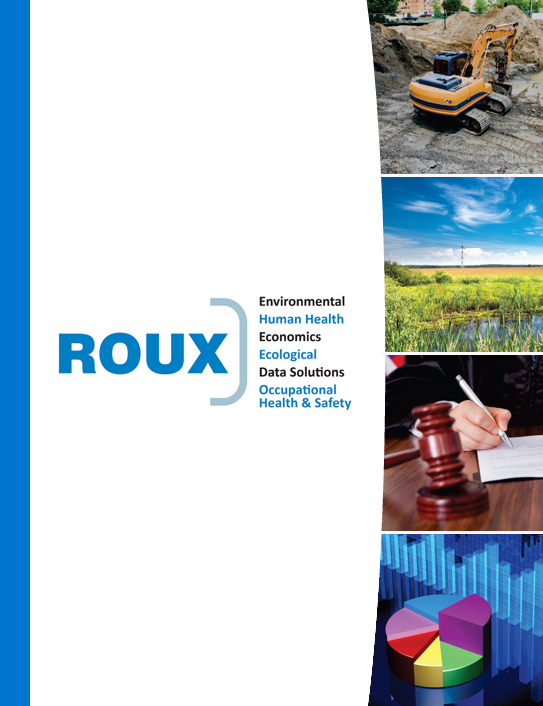Substantial Modifications Proposed: NJDEP to Update Remediation Standards
Posted on June 11, 2020
The New Jersey Department of Environmental Protection (NJDEP) has proposed several major revisions to their statutory remediation standards rules (N.J.A.C. 7-26D). The proposed revisions, which were published on April 6, 2020, are open for public comment until August 5, 2020.
The proposed revisions include:
- Impact to groundwater, soil leachate, and vapor intrusion/indoor air screening criteria are proposed to become legally enforceable standards.
- The Direct Contact Soil Remediation Standards are proposed to be split into two separate exposure pathways: Ingestion-Dermal and Inhalation.
- Expand the existing Remediation Standard process for interim, alternative, and remediation standards to include soil and soil leachate for migration to groundwater (soil and soil leachate), indoor air, and groundwater
- Adding definitions of “residential” and “nonresidential” based on property use, which were previously undefined. Residential properties would be defined as residences, private and public schools, charter schools, and childcare centers; and non-residential properties as properties used for commercial or industrial purposes.
- Updated regulation and deregulation of specific compounds in soil.
- At least 26 compounds will become more stringent and 71 compounds will become more lenient in soil exposure pathways.
- More stringent remediation standards by an Order of Magnitude for several compounds in soil for non-residential/residential, migration to groundwater, and Vapor Intrusion Indoor Air exposure pathways.
For more information about the proposed Soil Remediation Standards revisions and to learn how your remediation projects may be affected, please contact our experts using the form below:
